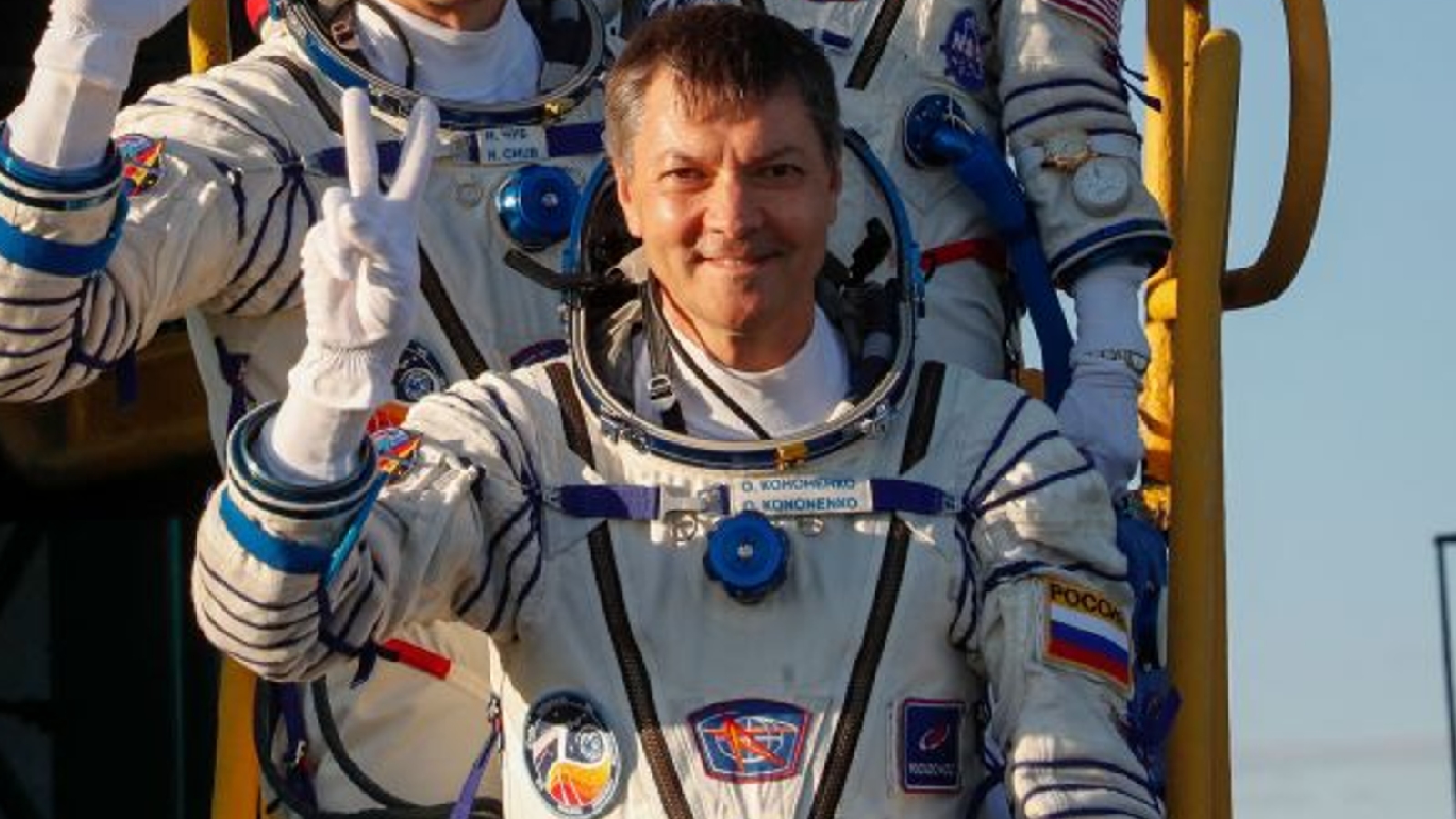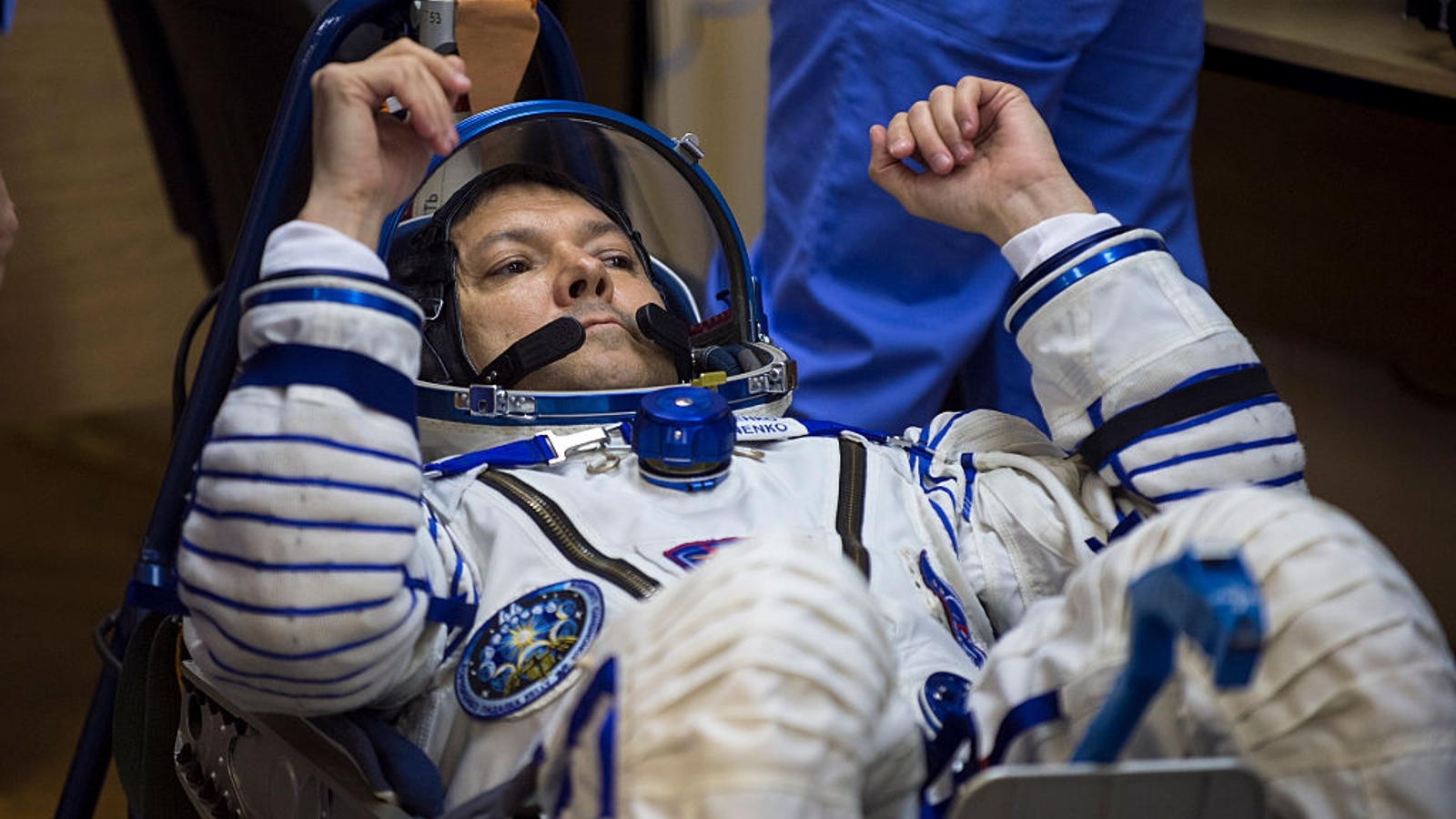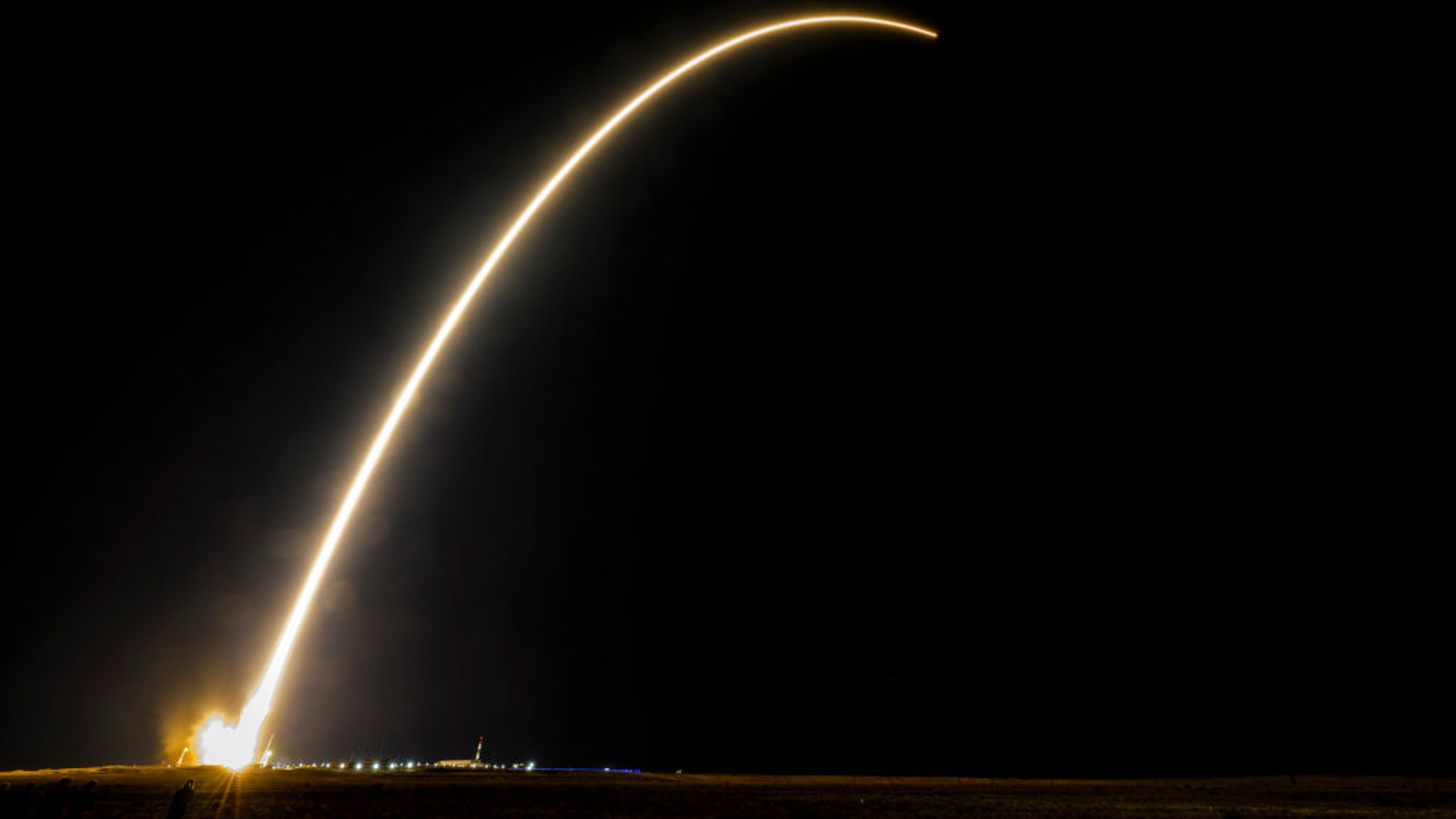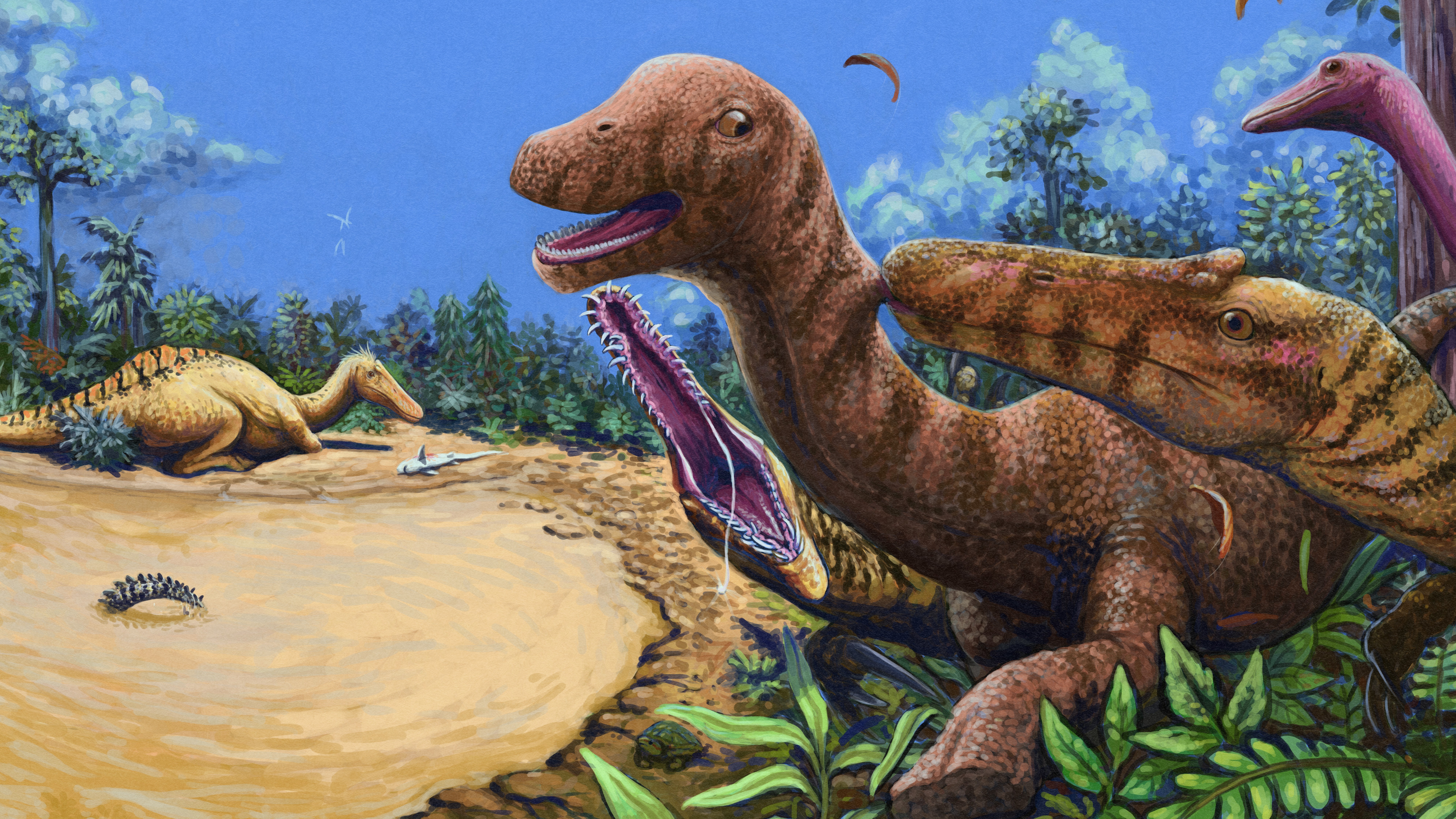Russian cosmonaut Oleg Kononeko breaks record for longest time spent in space — and he still has 6 months to go
Oleg Kononeko has broken the record for most cumulative time spent in space after spending his 878th non-continuous day onboard the International Space Station. But he won't return to Earth until September.

Russian cosmonaut Oleg Kononenko recently broke the record for most cumulative time spent in space while circling Earth in the International Space Station (ISS). The new record, which will continually extend until he returns to Earth later this year, could remain unchallenged for years to come.
On Feb. 4, 59-year-old Kononenko surpassed fellow cosmonaut Gennady Padalka's cumulative record of 878 days, 11 hours, 29 minutes and 48 seconds spent in space, the Russian state-owned news site TASS announced the same day.
Kononenko is currently participating in his fifth mission on the ISS since his first flight in 2008, which is the joint most missions on the station. He arrived for his most recent mission on Sept. 15, 2023, and is expected to stay on the ISS until Sept. 23 this year, by which time he will have spent 1,110 days in space, Live Science's sister site Space.com reported.
To put this into context, by the time Kononenko returns to Earth, he will be single-handedly responsible for around 1.5% of the total time spent in space by more than 600 humans over the last 63 years, since the first human space flight was accomplished by Kononeko's compatriot Yuri Gagarin.
"I fly into space to do my favorite thing, not to set records," Kononeko told TASS, as reported by Reuters.

It is currently unclear if this will be Kononeko's last mission in space. But he told TASS that being a cosmonaut, or Russian astronaut, is "becoming more complicated" and that preparing for missions "has not become easier" over time.
Get the world’s most fascinating discoveries delivered straight to your inbox.
Regardless of any future missions, Kononeko's record-breaking time in space will help scientists learn more about the physiological effects of living in space, such as muscle degeneration, bone loss, reduced eyesight and impaired balance.
Kononeko's record will likely remain unbroken for quite some time because the next 10 entries in the list of astronauts with the longest cumulative time spent in space — nine of which are also Russian or were part of the former Soviet Union — are either retired or dead. Russia dominates this list largely because the Russian space agency Roscosmos allows its cosmonauts to spend longer periods in space than NASA does.

The next active astronaut on the list is cosmonaut Sergey Prokopyev, who is currently 12th in rank and who has spent 567 non-consecutive days in space. However, Roscosmos is expected to fully withdraw from the ISS by 2025, which means that Prokopyev and other cosmonauts won't be able to spend extended periods in space until they create their own space station, such as China's Tiangong space station, or build a base on the moon.
The only American and female in the top 10 list of cumulative days in space is NASA's Peggy Whitson, who is ninth on the list and spent 675 non-consecutive days in space across four ISS missions. This is an impressive feat considering NASA normally only allows men to spend the longest periods in space, because they have a higher risk of developing cancer from ionizing radiation in space.
The longest continuous stay in space is also held by a Russian named Valeri Polyakov, who spent 437 consecutive days onboard the former Mir space station between 1994 and 1995.

Harry is a U.K.-based senior staff writer at Live Science. He studied marine biology at the University of Exeter before training to become a journalist. He covers a wide range of topics including space exploration, planetary science, space weather, climate change, animal behavior and paleontology. His recent work on the solar maximum won "best space submission" at the 2024 Aerospace Media Awards and was shortlisted in the "top scoop" category at the NCTJ Awards for Excellence in 2023. He also writes Live Science's weekly Earth from space series.


